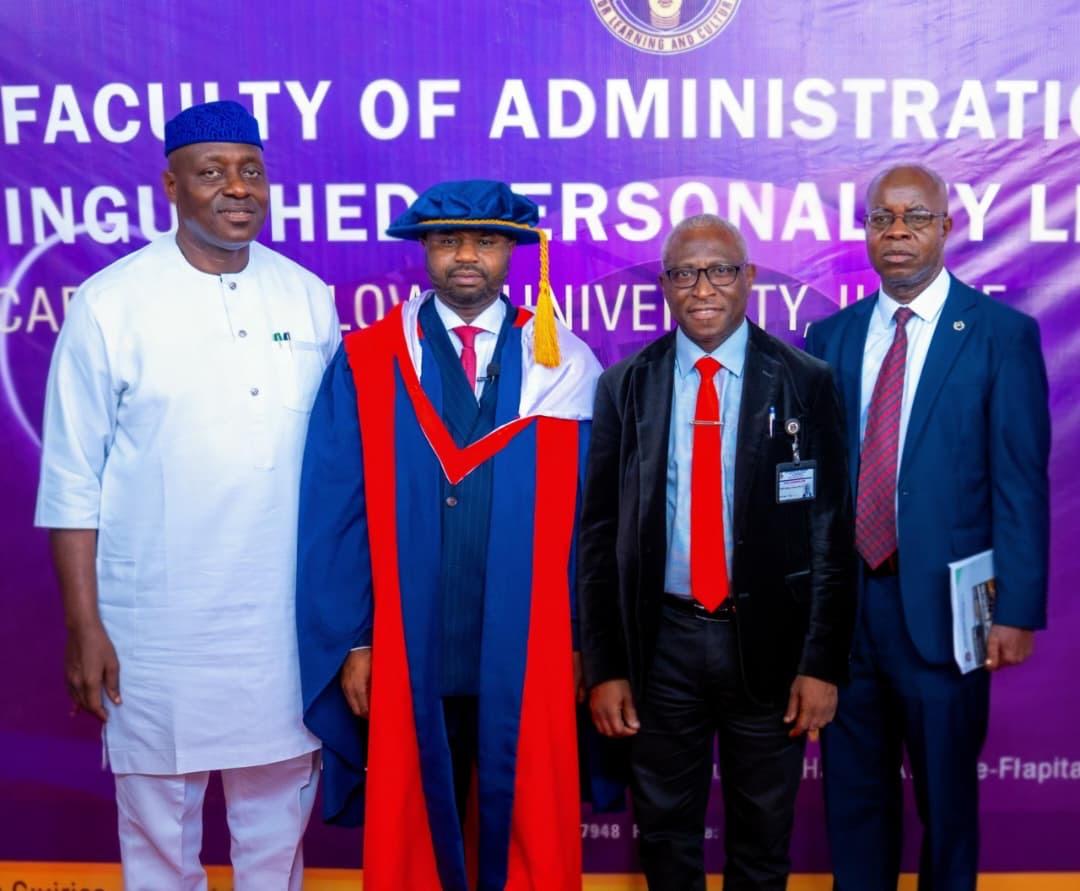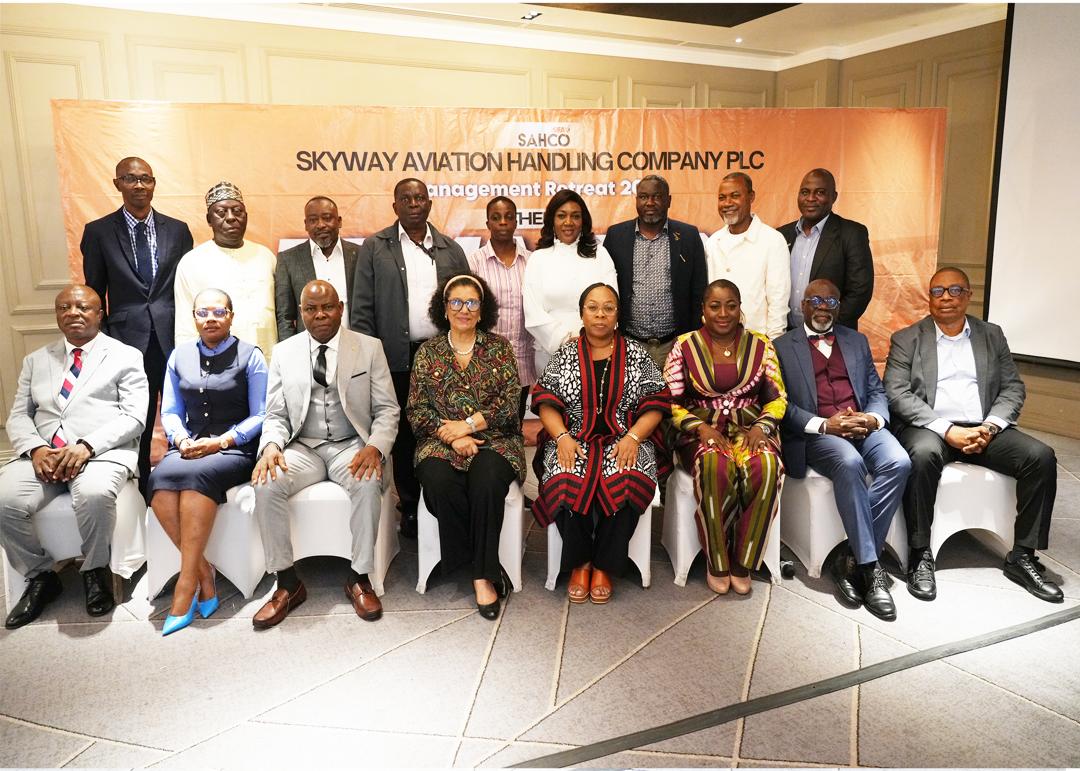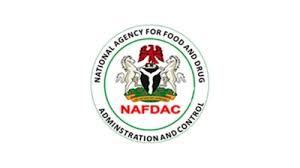Cadbury Nigeria regains position as Nigeria’s Top Employer







Nestlé Nigeria Plc has been awarded the highest level of Authorised Economic Operator (AEO) certification by the Nigeria Customs Service (NCS). The company achieved Security and Safety status under the NCS AEO programme, a certification valid for five years that recognises its compliance with trade regulations, supply chain security requirements, and global best practices.
The certification followed a rigorous evaluation process, including detailed customs audits and on-site operational assessments. Out of 391 applications received nationwide, only 35 companies were granted full certification, with even fewer achieving the Security and Safety status.
Highlighting the significance of this milestone at the recent formal presentation of certificates in Abuja, the Comptroller General of the Nigeria Customs Service, Alhaji Bashir Adewale Adeniyi (MFR), said: “With the presentation of certificates today, it is a clear testament that compliance is indeed possible, even within an ecosystem often challenged by non-compliance.”
Providing operational perspective, Assistant Comptroller NU Awa, AEO National Lead, added: “Nestlé Nigeria was granted AEO Safety and Security certification in recognition of the very high safety and security standards observed during the validation process. This certification reflects the Service’s trust in the company’s compliance framework and its commitment to strengthening supply chain security.”
For Nestlé Nigeria, the AEO Security and Safety status supports faster customs clearance, reduced inspections at ports and warehouses, improved material availability, and stronger engagement with regulators and trade partners. These benefits enhance supply chain efficiency while supporting business continuity and the consistent delivery of products to consumers across the country.
Commenting on the achievement, Kasum Diabate, Supply Chain Manager, Nestlé Nigeria, said the certification reflects the company’s disciplined approach to operating responsibly.
“This certification is a clear recognition of the strength and integrity of our supply chain. At Nestlé Nigeria, we are deliberate about building systems that are secure, compliant, and resilient from sourcing to delivery. Being awarded the highest AEO Security and Safety status by the Nigeria Customs Service reinforces the trust placed in our operations and our responsibility to support efficient and responsible trade in Nigeria.”
Nestlé Nigeria has operated in the country for over six decades, consistently prioritising compliance, transparency, and collaboration as it serves millions of consumers daily. This milestone reinforces Nestlé Nigeria’s commitment to being a trusted partner in Nigeria’s economy, setting standards for how business should be done, and continuing to meet the evolving needs of consumers through responsible and sustainable operations.

Transnational Corporation Plc, the Debt Management Office, CardinalStone, Chapel Hill Denham and MTN Nigeria Communications were among the recipients at the 2025 Made of Africa Awards hosted by Nigerian Exchange Group, recognising institutions driving performance across Nigeria’s capital markets.
The awards honour brokers, issuing houses, trustees, fund managers, listed companies and other market participants for excellence in value delivery, compliance and market impact.
Group Chairman of NGX Group, Umaru Kwairanga, said the awards underscore the role of market stakeholders in strengthening investor confidence and improving market standards. “Their achievements set a benchmark for performance, integrity and innovation across the capital market,” he said. He added that sustaining this level of discipline and transparency is essential to maintaining the trust of both domestic and international investors in Nigeria’s financial markets.
Group Managing Director and Chief Executive Officer, Temi Popoola, emphasised the importance of collaboration and operational efficiency stating “Operational efficiency and cooperation across the ecosystem are increasingly important as trading activity diversifies and investor expectations continue to rise”
Adding a regulatory perspective, Bola Ajomale, Executive Commissioner, Operations, Securities and Exchange Commission (SEC), said the awards underscore the value of compliance and transparency in market development. “Recognition through the Made of Africa Awards reinforces the importance of adherence to market rules and standards. When operators demonstrate accountability and professionalism, it strengthens investor confidence, ensures market integrity, and supports sustainable growth across Nigeria’s financial markets,” he said.
Chief Executive Officer of Nigerian Exchange Limited, Jude Chiemeka, said recognising strong performance across the ecosystem supports deeper market participation and long term capital mobilisation.
Among the recipients, First Trustees Limited won Best Trustees in Terms of Deal Value, while Legend Internet Plc received the Market Debut Excellence award. CardinalStone Securities emerged as Equity Trader of the Year and Broker of the Year, Capital Express Securities won ETPs Trader of the Year, and Stanbic IBTC Stockbrokers was named Fixed Income Trader of the Year. Chapel Hill Denham received awards for Fund Manager with the Largest Listed Fund Size and Market Operator with the Highest Value of Foreign Portfolio Investment Transactions.
Mainstreet Capital and APT Securities and Funds jointly won Issuing House with the Highest Number of Primary Market Equity Transactions, while Anchoria Advisory Services led in corporate bond issuances. Dangote Cement was named Best Issuer in Terms of Fixed Income Listings, BUA Cement received the award for Most Compliant Listed Company, and Transnational Corporation Plc was honoured for Capital Market Excellence in Equity. Network Capital was named Most Compliant Trading License Holder, United Capital Securities won Best Sponsoring Trading License Holder, and Banwo and Ighodalo received recognition for legal advisory value in capital market transactions.
Special recognition went to the Debt Management Office for fixed income market development and to the Capital Markets Correspondence Association of Nigeria for capital market reporting, while Lambeth Capital/Bamboo Systems Technology were recognised for onboarding the highest number of new retail investor accounts.
The awards come as NGX Group continues efforts to broaden market participation and deepen liquidity across equity and fixed income segments.

Nigerian Exchange Group Plc (NGX Group) on Wednesday, hosted a Closing Gong Ceremony in honour of the Inspector-General of Police, IGP Kayode Egbetokun, signaling a strengthened partnership between capital market regulators and law enforcement agencies.
The ceremony highlighted a shared commitment to investor protection, the prevention of financial crime, and the reinforcement of trust and confidence in Nigeria’s capital market.
Welcoming the IGP, Alhaji Umaru Kwairanga, Group Chairman of NGX Group, commended the leadership of the Nigeria Police Force in supporting market integrity. He said: “Market integrity is a shared responsibility. By honouring the Inspector-General of Police, we are reinforcing the importance of institutional alignment in protecting investors and preserving trust in our financial system. Strong collaboration between regulators, enforcement agencies, and market infrastructure institutions is essential to building a resilient and credible market that supports economic growth.”
The Director-General of the Securities and Exchange Commission (SEC), Dr. Emomotimi Agama, emphasized the importance of coordinated enforcement, noting: “Investor protection is at the core of market regulation, and today’s engagement highlights how critical collaboration with law enforcement is to achieving that mandate. This partnership strengthens our enforcement capacity, enhances deterrence against illegal investment activities, and reinforces confidence in the Nigerian capital market.”
In his response, IGP Kayode Egbetokun reaffirmed the commitment of the Nigeria Police Force, stating: “A transparent and well-regulated capital market is vital to Nigeria’s economic growth. The Nigeria Police Force remains committed to working with regulators and market operators to prevent financial crime, protect investors, and uphold the integrity of our financial system.”
Also speaking, Chairman of Nigerian Exchange Limited (NGX), Ahonsi Unuigbe, highlighted the role of the Exchange in promoting market discipline: “A transparent and orderly market can only thrive where rules are respected and misconduct is addressed decisively. The presence of the Nigeria Police Force in this collective effort sends a strong signal that safeguarding the market is a national priority.”
Similarly, Group Managing Director/Chief Executive Officer of NGX Group, Temi Popoola, stressed the importance of aligning innovation with oversight: “Technology and market growth must be supported by strong enforcement and investor protection frameworks. Our collaboration with the SEC and the Nigeria Police Force reflects a unified approach to preserving the credibility of Nigeria’s capital market.”
The event brought together key stakeholders across the capital market ecosystem, all reaffirming their commitment to accountability, transparency, and investor confidence. The ceremonial Closing Gong marked a collective resolve to strengthen Nigeria’s financial system through sustained collaboration.
 By Winifred Bosa
By Winifred Bosa Amavi Sol presents “Ihugba,” a new Afro-soul single rooted in love, honesty, and emotional clarity. Calm and reflective in tone, the song explores love not as spectacle, but as something real, grounding, and life-affirming.
Amavi Sol presents “Ihugba,” a new Afro-soul single rooted in love, honesty, and emotional clarity. Calm and reflective in tone, the song explores love not as spectacle, but as something real, grounding, and life-affirming.